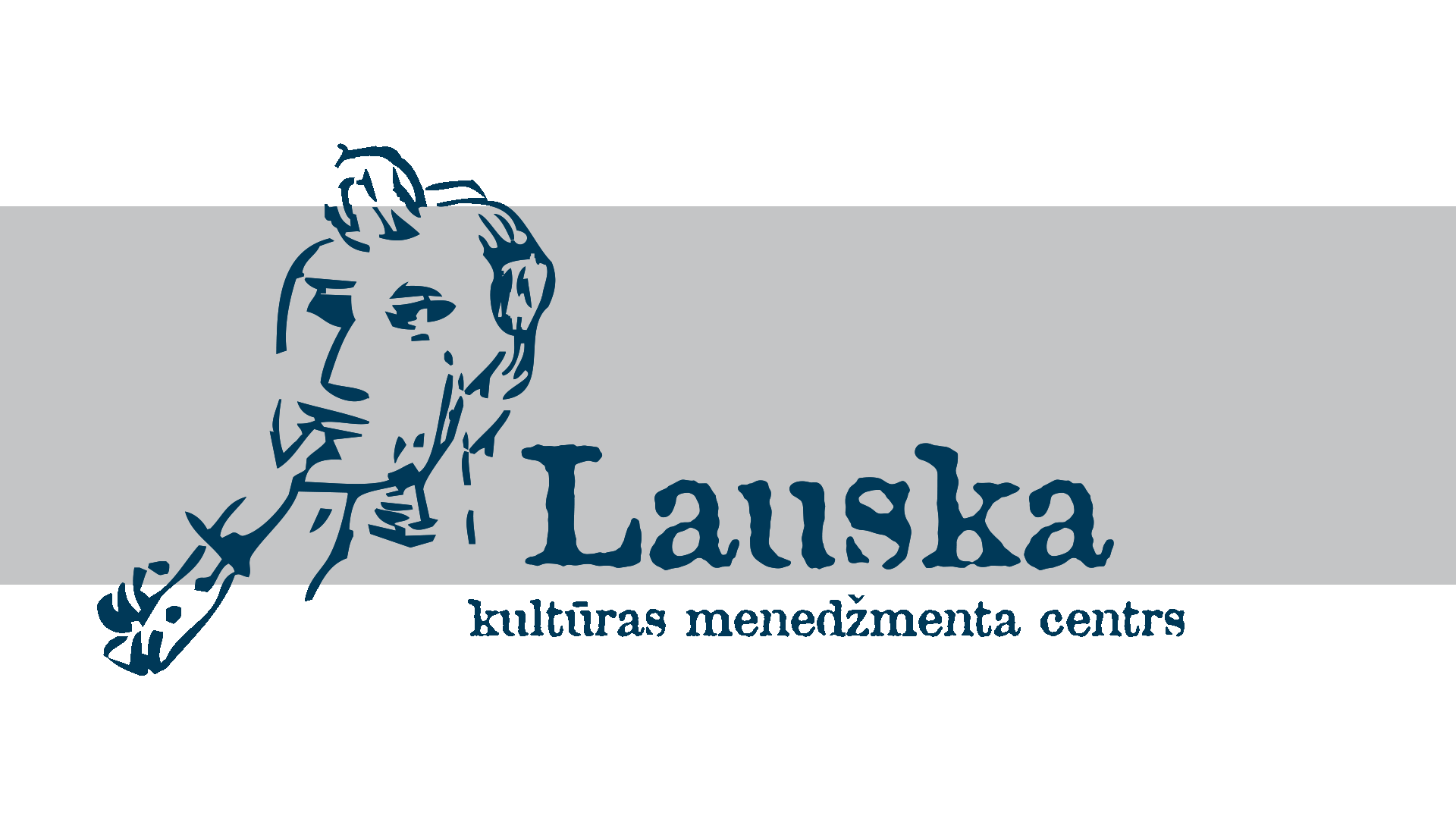
The folklore group “Ilža” has researched a less well known part of Latgalian history.
If you were to ask someone to name the Finnic nations of Latvia, they might know at least one of them – the Livonians – but would probably not know the Lutsis. The thought of Estonians living near Ludza in southeastern Latva so far from the Estonian border might even seem strange. It is not clear when the Lutsis` ancestors came to Latgale (eastern Latvia). There is no known record of a large population of Estonians settling in the Ludza area.
The Lutsi language maintains many ancient forms now lost in other still spoken South Estonian dialects and also shows noticeable influence from Latgalian as well as the Slavic languages. In the beginning of the 20th century there were still speakers of the Lutsi language in the Ludza area, but soon they asimilated into the local communities.
The songs in this collection are very special and are connected with the documentation done by Latvian composer Emilis Melngailis in the 1930th. The album of folklore group “Ilža” from Cibla brings new life to the musical heritage of the Ludza Estonians. It also includes historical recorded material from the University of Tartu Archives of Estonian Dialects and Kindred Language.
The book contains full transcriptions of the recorded songs, as well as articles by the folklore researchers Dr.phil. Uldis Balodis and Dr. phil. Karl Pajusalu.
While working on this album, „Ilža” consulted Estonian folklorists and linguists about the content and the pronounciation of the lyrics of the songs that had been recorded during field research in previous centuries.
“Ilža” participant Vita Ruduša comments: “If I am asked, why we do this, I say – this is our duty! In „Ilža” there are several descendants from the Ludza Estonians: Aija Andersone and her nephews. I think that also my grandmother came from Estonians, because her surname was Ulase. To preserve our ancestor`s language for the future is our duty!”

